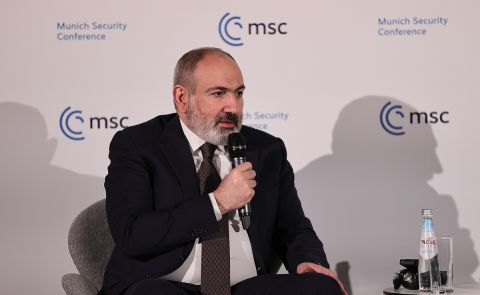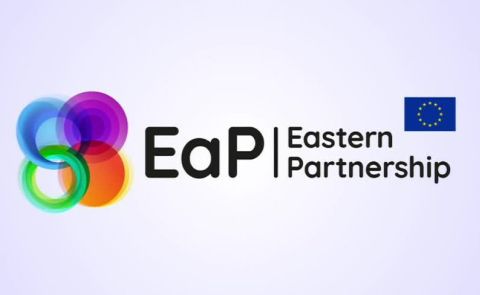
Georgian Media as a Fake News?
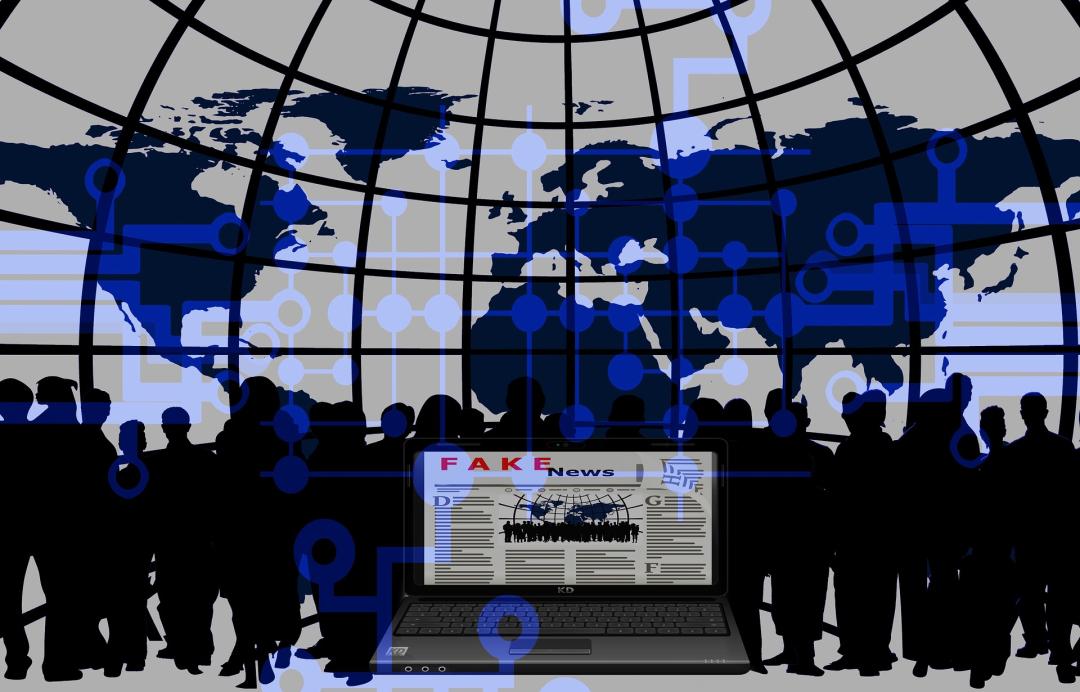
Contributed by Archil Sikharulidze, Co-founder of the Center for Systemic Political Research (CSPR), Editor of Georgian Journal of Systemic Politics (GJSP), Invited Lecturer at Tbilisi State University (TSU).
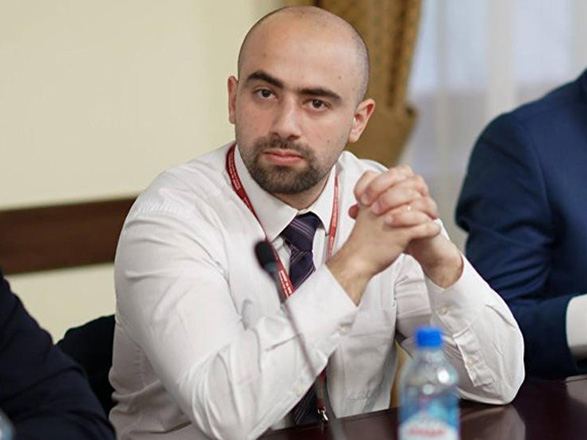
In the wake of the 'war on disinformation' more and more states focus on promotion of the so-called objective independent and hopefully pro-Western media. This tendency is even stronger in Eastern European countries such as Poland, Latvia, Lithuania, Estonia and, of course, Ukraine and Georgia. But despite the announced magna mission, usually these sources of information are simply more propagandist rather than neutral and objective; furthermore, they counter the Kremlin 'disinformation' and manipulations with their own. Georgia, as a beacon of freedom in the post-Soviet region, is one to the best examples, when countering the Russian threats transformed into constructing conspiracy theories around it. Additionally, Georgian media legitimizes this approach by the necessity to defend the 'Western values' and the country from fake news coming from Putin's regime. Factually, the attempt to counter the Russian fake news with Georgian “pro-Western” fake news led to establishment of highly politicised media environment that tries to hide its partiality and dependence on ideology. Apart from it, Georgian media suffers from various actors who invest in the field with concrete mercantile objectives, the most importantly, to counter the government while prefix ‘pro-Western’ is a ‘bait’ for the state’s strategic partners. By the end of the day, the whole notion of an objective independent and pro-Western Georgian media became the biggest fake news itself.
Objective versus Independent
Representatives of Georgian media are keen to speak about ‘controlled’ Russian broadcasters while praising their own independence from the government. But what they forget to say is that they are not independent from business interests and particularly those actors who heavily invest in this field, especially television, to pursue concrete mercantile goals. For example, Georgian tycoon Bidzina Ivanishvili who established TV 9 to counter Mikhail Saakashvili’s government and once regime has been changed simply closed it. Or, Davit Kezerashvili, former Defence Minister of Georgia during Saakashvili’s regime who fled the country to avoid criminal charges, founded new tv broadcaster Formula as he argues to counter current government, Russian fake news and, of course, bring pro-Western standards/professionalism to local journalism. The same story with Nika Gvaramia, former Minister of Justice and Education, who created channel Mtavari (the Main) to fight against pro-Russian government of Georgian Dream. All these cases are reflections of a sinful practice of founding media institutes for political purposes. They are independent from the government but highly dependent on their source of income – political and business groups - that transforms them into a political tool or even party channels.
We may definitely argue that neither Imedi TV, local private broadcaster by some considered as pro-governmental, nor oppositional channels like Rustavi 2, Pirveli TV, Formula and Mtavari are ‘controlled’; they are independent from outside intervention but they are still dependent due to their primary goals – to defend or to counter. This assumption leads us to controversy between being independent and being objective. Georgian media is ‘uncontrolled’ and ‘independent’ but definitely not objective. Objectivity demands equal representation and neutrality that cannot be achieved because, as it has been said above, the magna mission of the most Georgian broadcasters is, foremostly, to defend or to counter.
Critical versus Oppositional
Another challenge for local media environment is inability or may be even unwillingness to make the difference between being critical and being oppositional. To be critical means to represent both, pros and cons while to be oppositional to show only one side of the coin. We may frequently hear that Georgian media is critical to the government but factually it is mainly oppositional; the same situation is with regard to Imedi TV that is in opposition to the parliamentary opposition, especially, United National Movement and European Georgia. This is pretty logical if we take into consideration the fact that representatives of these movements participated in an unlawful seizure of the channel in November 2007. So far, what we have are channels that due to their ‘oppositional nature’ represent processes in the country in totally different ways – anti-governmental showing a poor, blank and destroyed country while pro-governmental, the slowly growing state. As a result, even local society lives in two Georgia’s and, of course, votes respectively. Furthermore, these broadcasters and their followers are highly intolerant toward those who prefer critical media, allegedly for not being able to choose the ‘right sight’. Probably the best example is a case with the Georgian Public Broadcaster that have been labeled by ‘defenders’ and proponents of the Western values (at the time, Rustavi 2 and others) as pro-Russian and pro-governmental because they have not been ‘critical enough’.
‘War on disinformation’ versus ‘War on critical thinking’
Finally, the Georgian Public Broadcaster’s example raises one more very important topic – controversy between the ‘war on disinformation’ and the ‘war on critical thinking’, or the oppression of the different standpoint. Provoked by ‘successful’ approaches of countering Russian propaganda, especially, in USA and countries like Poland, Latvia, Lithuania and Estonia, Georgian self-proclaimed liberal elite representatives are obsessed by the idea of eradicating everything and everyone attached, according to their perceptions, to the so-called pro-Russian agenda. The holy war on ‘Russian disinformation’ led to actually oppression of the freedom of speech and critical thinking. Georgian media environment is a space where you simply cannot criticise neither the US nor Europe unless you are ready to be called agent of the Kremlin, enabler of the Putin’s regime and to be ‘excommunicated’ from pro-Western Georgian society. Unfortunately, this ‘war on critical thinking’ is frequently supported by those political actors from the strategic countries who have been appointed to keep an eye on the country’s successful transition toward democracy.
Conclusion
Georgia has a highly politicized and ideologically motivated media atmosphere. Television still remains the main source of information. Apart from a few examples, maybe the First Channel, other broadcasters such as Imedi TV, Rustavi 2, Pirveli TV, Formula and, undoubtedly, Mtavari serve to concrete purposes; in some cases, tv broadcasters have been created as a political tool. Georgian tv broadcasters are mainly ‘uncontrolled’ and ‘independent’ from outside intervention but not objective; additionally, they are oppositional rather than critical. The whole notion of being ‘pro-Western’ is just a ‘bait’ for the abroad audience. Building fake news and manipulating information just to achieve mercantile goals by all means have nothing to do with the real Western values and Western journalistic standards. Lastly, the ‘war on disinformation’ led to the ‘war on critical thinking’ when using the Western critical approach to analyse USA and EU may, by default, lead to grave consequences, particularly, allegations of being pro-Russian, agent of the Kremlin, the fifth column and other labels.
By and large, rumors about an objective independent pro-Western Georgian media is probably the biggest fake news in the country that outside strategic partners, especially, in USA and Eastern Europe are extremely keen to buy; furthermore, tend to naively trust and build-up serious analysis on it.
See Also

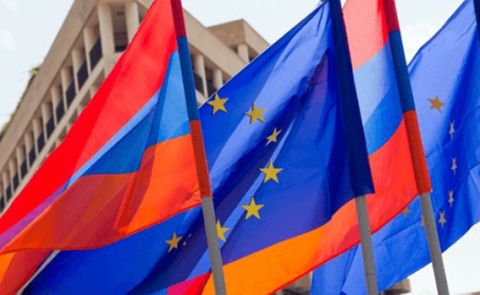
Armenia's Pursuit of Western Allies in the Wake of the Failed Russian Alliance
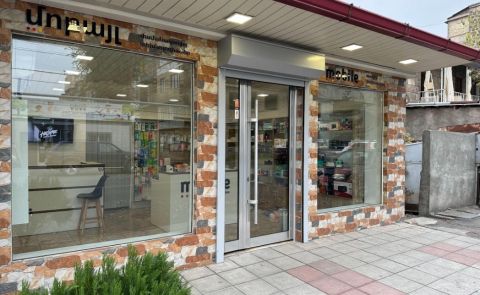
Building a New Beginning: Struggles and Triumphs of Armenians from Nagorno-Karabakh
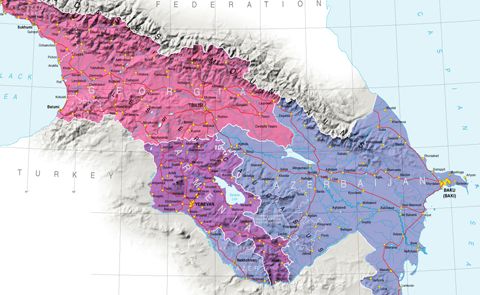
Trade Networks in the South Caucasus: Future Plans and State of Art
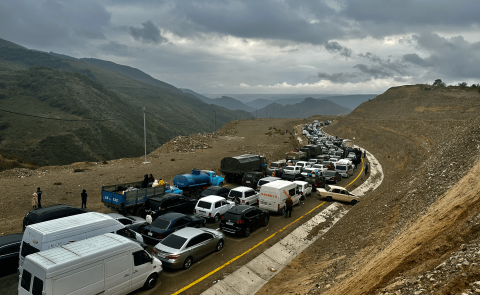
The Daily Struggles of Karabakh Armenians in Their New Home
